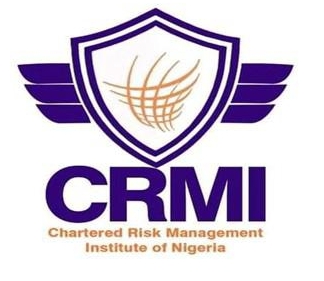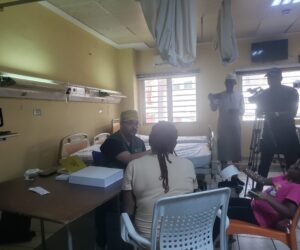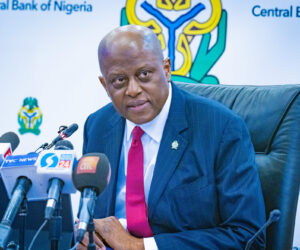1
Economic experts have urged the Federal Government to implement far-reaching institutional reforms, strengthen data governance, and uphold ethical standards to shield Nigeria’s economy from both global uncertainties and domestic weaknesses.
The call was made at the 24th Annual International Conference of the Chartered Risk Management Institute of Nigeria (CRMI), which concluded recently in Abuja.
The conference, themed “Global Risks, Local Solutions,” brought together regulators, policymakers, financial leaders, and risk management professionals to deliberate on strategies for building a more resilient and competitive economy.
In his opening address, CRMI President and Chairman, Mr. Kevin Ugwuoke, underscored the importance of adopting a proactive, risk-focused approach to economic planning. According to him, Nigeria’s ability to maintain fiscal stability and competitiveness rests on how effectively it anticipates and responds to emerging risks.
“Nigeria’s economic strength will depend largely on our capacity to foresee, prepare for, and mitigate potential shocks before they escalate,” Ugwuoke said.
Also speaking, the Director-General of the Lagos Chamber of Commerce and Industry (LCCI), Dr. Chinyere Almona, identified climate-related disruptions, persistent inflation, and weak governance structures as major constraints to investment and sustainable growth.
She noted that restoring investor confidence would require consistent policy actions and transparency in public sector management.
In his remarks, the Statistician-General of the National Bureau of Statistics (NBS), Prince Semiu Adeniran, drew attention to Nigeria’s enduring structural challenges. He urged government agencies and economic planners to make better use of the nation’s recently rebased GDP data to drive evidence-based reforms.
The conference also featured technical sessions and panel discussions focusing on food security, agricultural resilience, and the role of risk management in supporting sustainable development. Representatives from the Bank of Industry (BOI) and the Nigeria Social Insurance Trust Fund (NSITF) highlighted the importance of climate finance, insurance mechanisms, and social protection in reducing vulnerability across key sectors.
At the end of the meeting, participants adopted a communiqué calling for deeper regional cooperation, consistent policy direction, and stronger partnerships between risk managers, financial institutions, and government agencies to enhance economic stability and inclusion.








